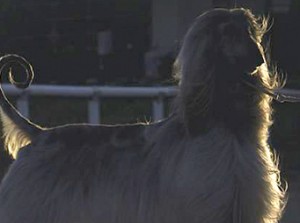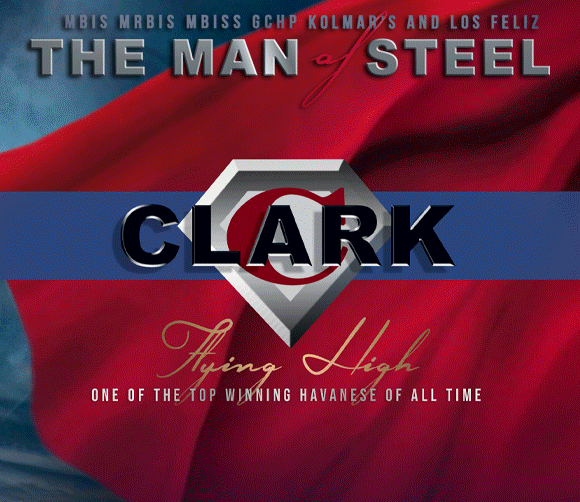Lessons from the Experts – The Afghan Hound
by Amy Fernandez
 We all have stories we have been told, but we cannot reveal the source. Here is one of those stories that has to be told. Unfortunately, we can’t reveal the storyteller.
We all have stories we have been told, but we cannot reveal the source. Here is one of those stories that has to be told. Unfortunately, we can’t reveal the storyteller.
It’s fair to say that learning every breed is like trying to learn to play the piano all over again. A broad based application of basic principals just won’t work without an intuitive understanding of how that information relates to the breed in question. Generic judging, kennel blindness, whatever, that’s what results from skipping part two. Everything in the standard is in there for a reason. Too much or too little and the whole concept falls to pieces. And regardless of the breed, it’s pretty unanimous that this particular shortcut in the evaluation process accounts for a lot of deterioration of type. That said, there’s simply not much incentive to take a hard line about
something that’s mainly perceived as an abstract concept.
Take this from someone who watched the extinction of the hairless Chinese Crested from start to finish. Quite possibly, the last meaningful demonstration of the priority of that trait was back in 2000 when Diana Bowdler-Townsend judged the breed. Among the last of those old time experts, anything that failed to meet that basic requirement didn’t get a second glance in her ring. Of course, investing 50 years into a breed tends to crystallize one’s priorities.
Regardless of skin in the game, no matter what the standard says, the truth is that every standard includes few odd, quirky requirements that invariably receive less attention than they deserve. That poses an especially big risk when glamorous traits hog the limelight. For instance, head is a big deal in the Afghan Hound and it’s only natural to get hung up on that aristocratic elegance and glide past some of the less fascinating details like that part about punishing jaw strength. This is really no excuse since the standard tends to drone on at length about jaw structure and den- tition saying, “Underjaw showing great strength the jaws long and punishing,” adding that both level and scissors bites are accept- able with special emphasis on the fact that, “A scissors bite is even more punishing”
Click here to read the complete article78 – February, 2018

Short URL: http://caninechronicle.com/?p=264469
Comments are closed











